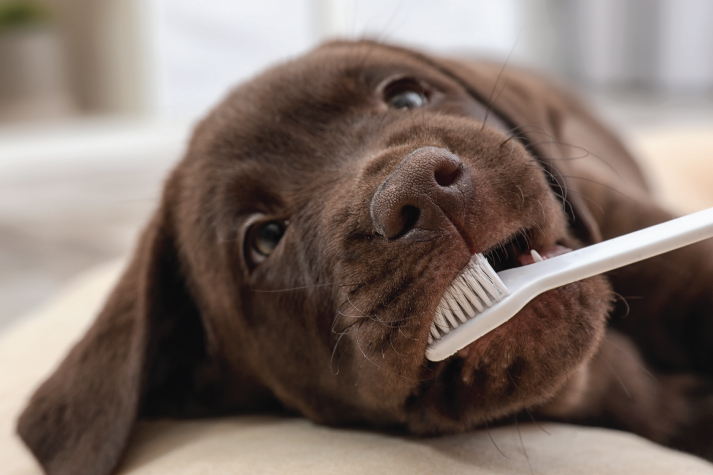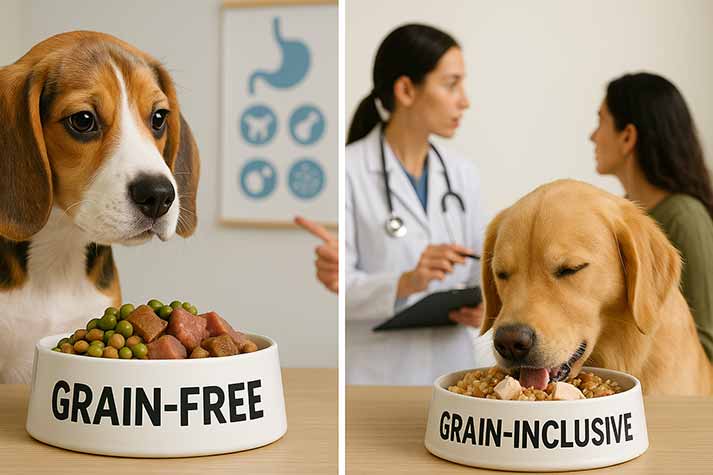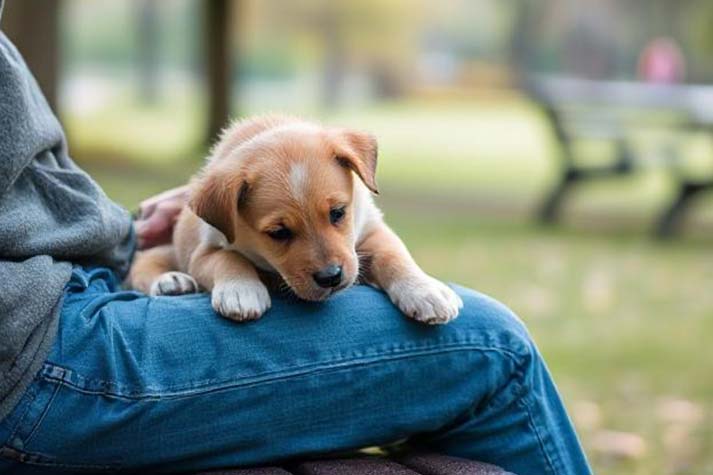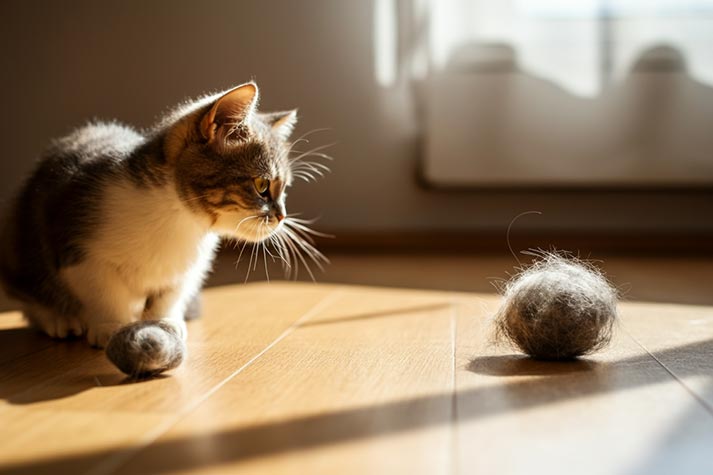
03 May
Tips for Maintaining Your Dog’s Oral Hygiene
Teeth are a fundamentally important part of our bodies. Dogs and humans are somewhat similar in this regard, as we both go through two sets of teeth in our lifetime. Given how important they are and how they only get replaced once throughout a lifetime (milk teeth being replaced by permanent teeth), it is crucial to practice good oral hygiene. The same applies to our pet dogs as well.
A dog’s mouth isn’t expected to be a particularly rosy-smelling place. If anything, dogs are known for bad breath; but this can become an issue as your dog grows, especially since one of the earliest signifiers of tooth decay is bad breath. As tooth decay is often mistaken for bad breath, it is important to practice good dental hygiene, and since your dog is unlikely to brush their teeth by themselves, you’ll need to do it for them. Here are a few tips to keep your dogs’ teeth clean and healthy.
Why Worry About Dental Health?
Before the ‘how’, you should know the ‘why’. You should be concerned about your pet’s dental health for two reasons. First, because the rumour that dogs clean their teeth naturally through eating and biting is just a myth, and second, because your pet runs the risk of developing serious dental conditions by the age of three if left unchecked.
Diseases related to the gums, bones and supportive tissue of the teeth are known as periodontal diseases. These diseases come about when neglect is shown to the gums and teeth of your dog. in the earlier stages, this disease presents itself as gingivitis, wherein gums swell up and begin to bleed. In the more advanced stages, it is known as periodontitis, where there’s tooth loss, tearing gums, and teeth fall out after losing their support.
Given that the consequences of not maintaining your dog’s oral hygiene are tooth loss, abscess development, jaw and body infections, permanent jaw damage, and heart disease, it is wise to maintain your pups’ pearly white teeth and avoid such an outcome. Now on to how you can do so.
Regular Brushing
Brushing isn’t too challenging a chore. Humans are advised to brush their teeth at least twice a day, and you’d be surprised how effective frequent brushing can be at preventing more permanent plaque buildup in your dog’s teeth too. Granted, the frequency varies, but you’re better off brushing your dog’s teeth often. Some owners will say that their dogs don’t like it and will not be approached with a brush. Like us, dogs have to start with a set of temporary “milk” teeth, 28 of them to be exact, before growing into their 42 permanent teeth, which must be maintained or else they’ll deteriorate and become a cause for concern.
Try desensitizing the brush to them until they’re comfortable around it like you would with a vacuum cleaner or a nail cutter. Make sure to only use toothpaste that is specifically for dogs, as our kinds of toothpaste may contain substances toxic to dogs. Second, opt for an ergonomic brush that allows you to efficiently clean your dog’s teeth. A fingertip brush is one such option, that your pet may be more permissive when it’s your hand in their mouth instead of a stick with bristles on it.
Dental Wipes
While you’re in the acclimation period with the toothbrush, or if you’re looking for a quick and convenient way to maintain your dog’s dental health, you can opt for some dental wipes for dogs. These wipes are designed to remove plaque through friction against your dog’s teeth and are a great way to keep plaque away in between meals or on a lazy day. While they are great for general cleaning, these wipes will not reach and clean every corner of your dog’s mouth; only a brush can provide that, but these still make for great supplements or temporary substitutions. Pet travel, for instance, is one such place where wipes are far more convenient than a brush and toothpaste.
Dog Chews
Dog chews do what most people assume normal food does for a dog. Since the act of biting and chewing into a chew toy fundamentally cleans your dog’s teeth by scraping off plaque and buildup, a dog chew is a great way to sneak in some dental care during playtime or snack time. Dog chews can be edible, like chicken strips, or made from rubber/nylon, for a longer-lasting dog chew. Different dogs have different needs, so be sure to choose the toy which fits your dog’s routine.
Veterinarian Visits
If you’ve neglected your dog’s oral health thus far, perhaps a vet visit will help. A vet visit is considerably more expensive than other previously mentioned options, but since a vet is a professional, they can diagnose any potential issues and conduct a deep cleaning. Professionals can spot things even the most dedicated pet parents cannot, so an annual or bi-yearly visit for deep cleaning is a fantastic way to check and maintain your dog’s teeth.
To conclude, while you’d think a dog would self-cleanse its mouth through the act of chewing and playing with toys, the reality is that teeth are teeth, and require maintenance if you want yours to last. Your dog does not require brushing daily as you do, but its teeth still need to be cleaned to prevent plaque buildup. Alternate between the different dental cleaning methods, until you know the combination of products that best suit you and your dog’s needs.






AUTHOR’S BIO
Carry My Pet
Passionate pet enthusiasts and globetrotters, dedicated to easing furry friends' journeys worldwide. Penning tales of compassion at CarryMyPet, where every relocation is a tail-wagging adventure.